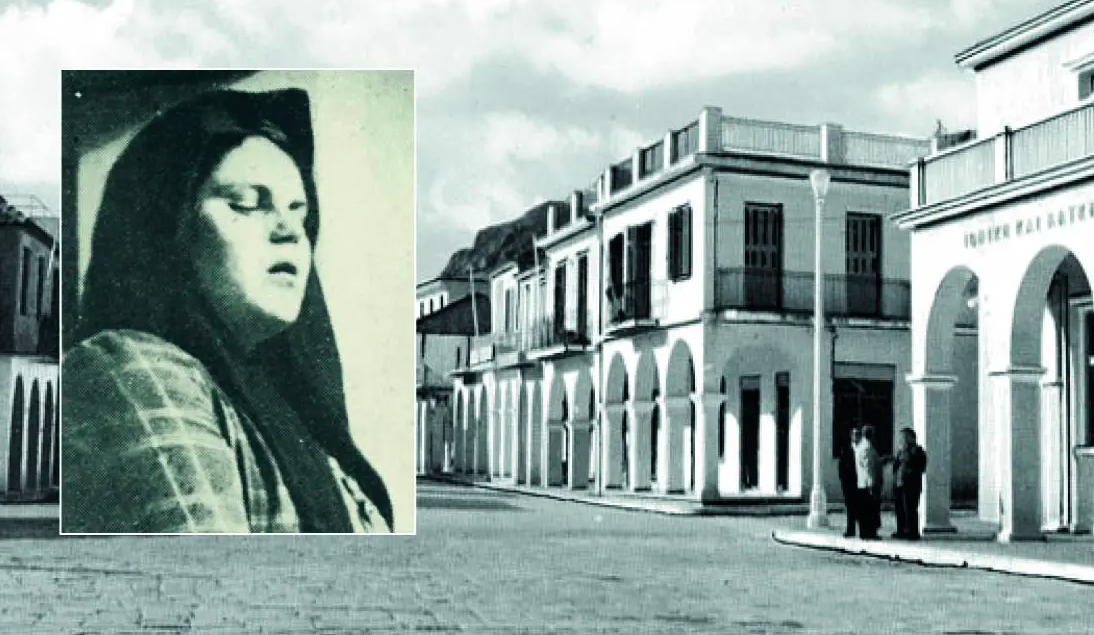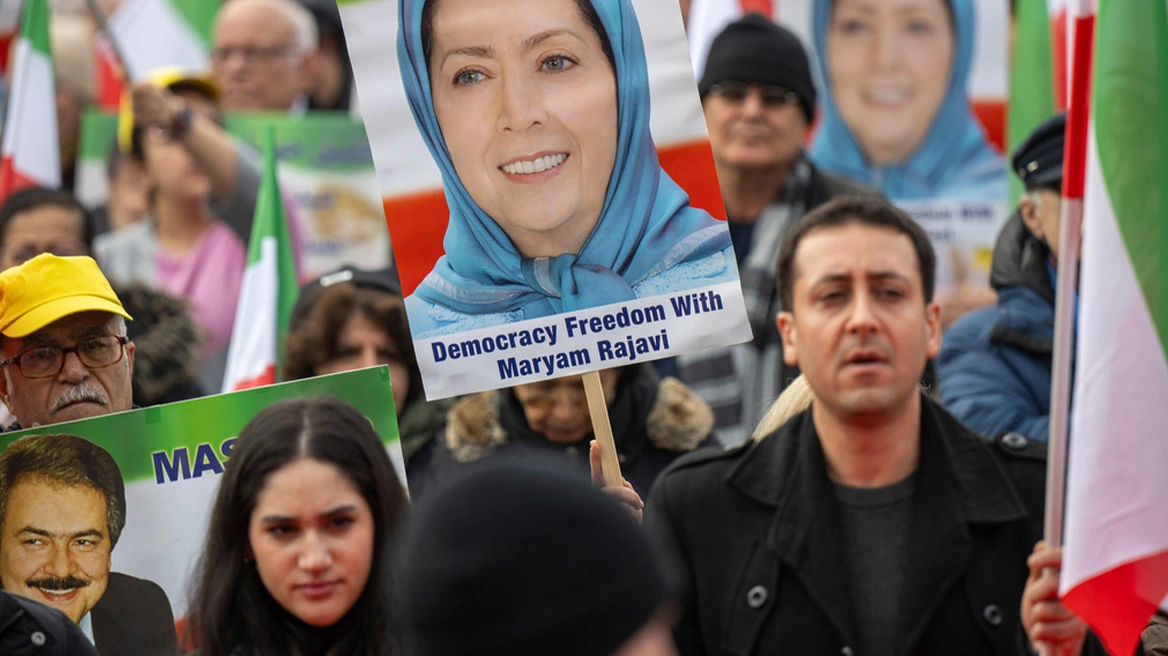To respect the privacy of those involved, their full names are omitted. This gruesome crime is one of the many detailed in the book “100 Crimes in Greece,” recently released together with Sunday’s THEMA. The story unravels in a village in northern Zakynthos, where little Maria’s life takes a dark turn due to her grandmother’s remarriage. Maria’s sinister grandfather showers her with gifts and attention, but little did she know that his affection concealed a dark agenda of abuse and exploitation that began when she was just 13.
Driven by a twisted desire to possess Maria completely, the grandfather manipulates her into eliminating any obstacles to their relationship – namely, her own family. Under his influence, Maria becomes a pawn in a series of heinous murders that span two years. Her father is the first to fall victim to their deadly scheme, followed by her teenage brother and later an attempt on her mother’s life. Despite initial success in covering their tracks, cracks begin to appear in their facade as suspicions mount among family members. Under pressure from her brother, Maria finally breaks her silence and exposes her grandfather’s role in the atrocities.
The ensuing trial in Patras unveils a shocking tale of manipulation, abuse, and betrayal that captivates the nation. While Maria admits to her crimes, attributing them to her grandfather’s influence, the elderly man maintains his innocence, denying any involvement in the poisonings or the incestuous relationship. The media coverage of the trial paints a vivid picture of a story that both outraged and captivated the public, showcasing a level of depravity and dysfunction previously unseen in post-war Greece. As the details of the case unfold, a sense of tragedy and remorse permeates Maria’s words, as she pleads for forgiveness in heartfelt letters to her mother. The chilling saga of “The Pharmacist” serves as a grim reminder of the darkness that can lurk within families, leaving scars that last a lifetime.
Ask me anything
Explore related questions





